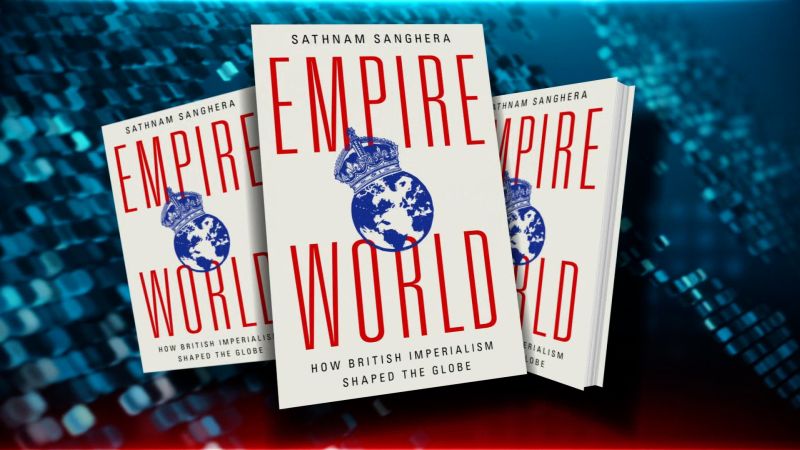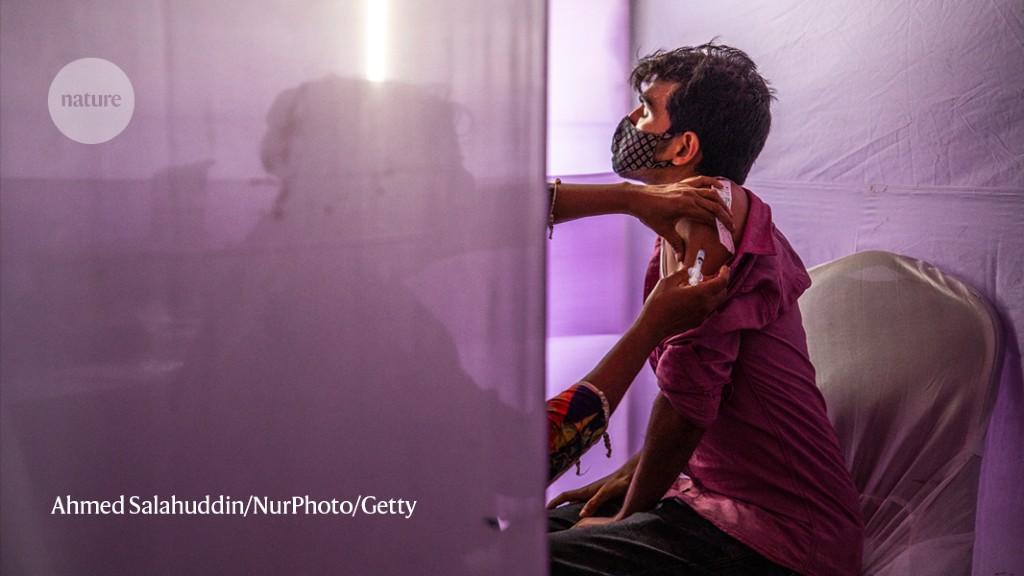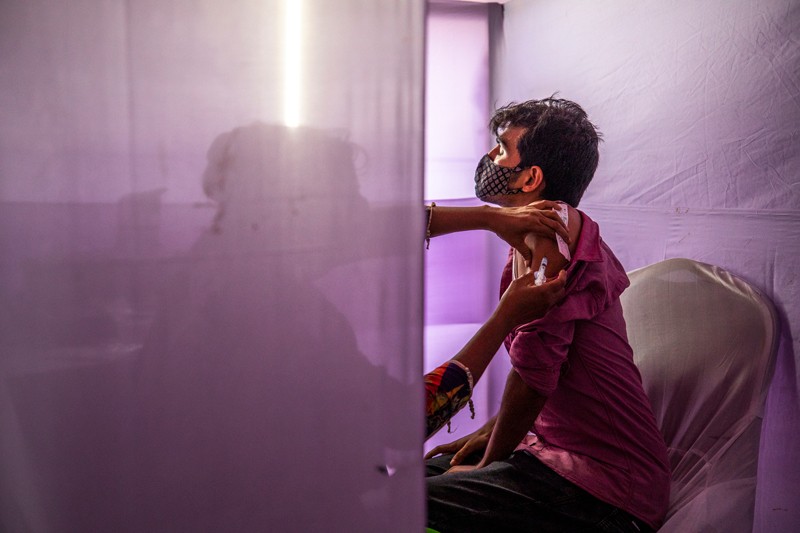Antibody levels in blood can predict the level of protection provided by Moderna’s COVID-19 vaccine. After receiving the vaccine, people with relatively low levels of antibodies were more likely to develop symptomatic infections than were those who mounted a stronger antibody response, according to a new analysis of such ‘breakthrough’ infections during the trial of the vaccine’s efficacy1.
The study, posted as a preprint on 11 August, examined neutralizing antibodies, which can block viral infection of cells. The authors compared levels of neutralizing antibodies in the nearly 50 vaccinated trial participants who developed breakthrough infections with those of matched controls who were not diagnosed with COVID-19.
The authors’ modelling found that people with undetectable levels of neutralizing antibodies were 10 times more likely to develop COVID-19 than individuals whose antibody levels placed them in the 90th percentile of all study participants. That meshes with the team’s finding, reported in the same preprint, that the bulk of the protection conferred by Moderna’s vaccines is due to levels of neutralizing antibodies.
David Benkeser, a study co-author and a biostatistician at Emory University in Atlanta, Georgia, cautions that the analysis does not mean that there is a threshold level of antibodies that ensures protection. “It’s not like if you have some antibody, but not enough, you’re a sitting duck, and if you hit a magic number your protection hits 100,” he says.
He hopes the analysis will help researchers and regulators to identify a ‘correlate of protection’ for COVID-19 vaccines, allowing them to predict the efficacy of new vaccines on the basis of the immune responses of a relatively small number of people, instead of using large-scale trials. The study could also help to determine the extent to which coronavirus variants, such as Delta, sap the Moderna vaccine’s protection, as well as the benefits of additional doses. But such applications need to be validated, Benkeser adds. The findings have not yet been peer-reviewed.
Miles Davenport, an immunologist at the Kirby Institute in Sydney, Australia, says the study is important because it shows a clear relationship between high antibody levels and a lower risk of COVID-19. But he notes that most participants in the Moderna vaccine trial mounted a robust antibody response. So it’s difficult to make a confident determination of the effects of low antibody levels — including of those against antibody-evading SARS-CoV-2 variants.
Variant forecast
In another effort to determine how new variants affect vaccines, Davenport and his colleagues drew on antibody and trial data from seven COVID-19 vaccines, including Moderna’s. In laboratory assays, neutralizing antibodies generally show reduced potency against a variant than against the original strain of SARS-CoV-2. The team’s modelling, posted to a preprint server on 13 August, showed that such assays accurately predict the results of epidemiological studies of vaccine effectiveness in places where a specific variant is present2. The findings have not yet been peer reviewed.
This tool should allow researchers to quickly take the pulse of any variants that emerge, says Davenport.








More News
Quantum control of a cat qubit with bit-flip times exceeding ten seconds – Nature
Venus water loss is dominated by HCO+ dissociative recombination – Nature
Microbubble ultrasound maps hidden signs of heart disease